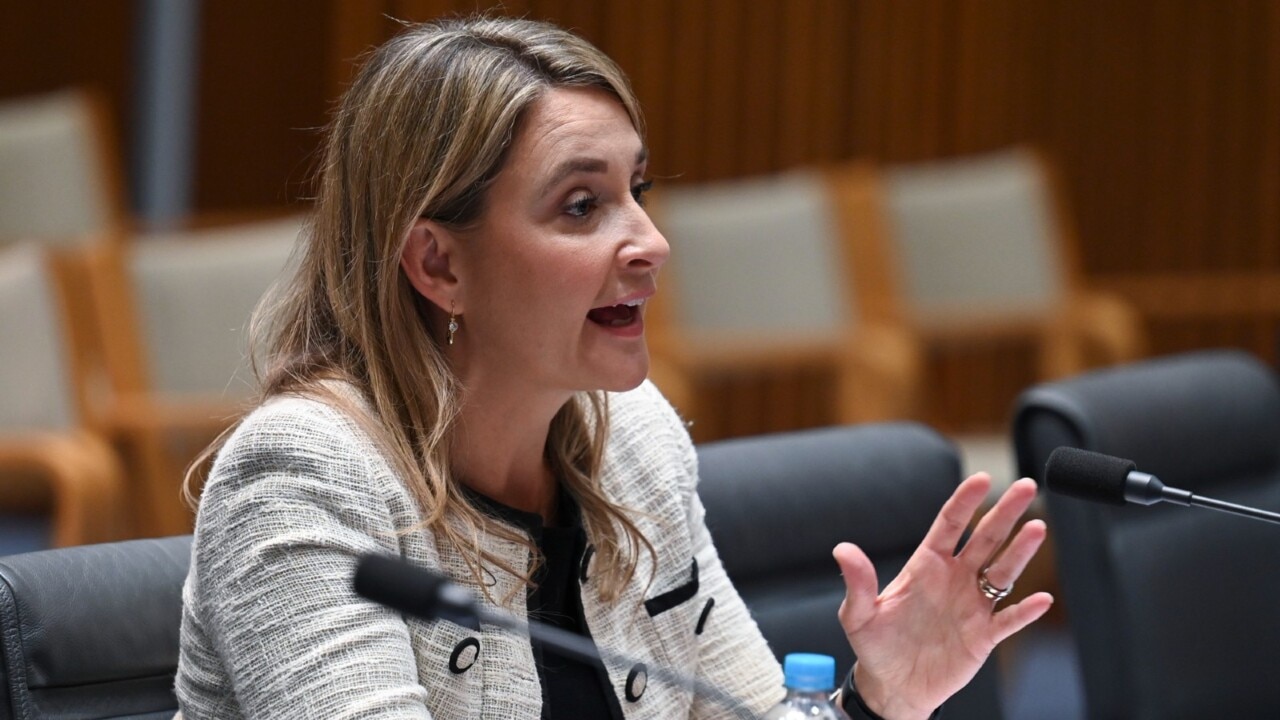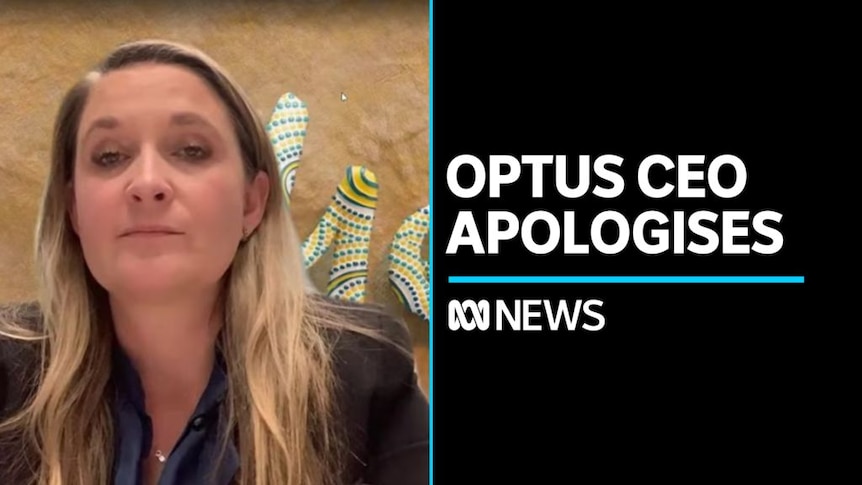Optus’ owners Singtel said of the change: “We recognise the need for Optus to regain customer trust and confidence as the team works through the impact and consequences of the recent outage and continues to improve.
“Optus’ priority is about setting on a path of renewal for the benefit of the community and customers.”

Just what went wrong at Optus?
However, we have to acknowledge that cyberattacks are going to be part of our lives, and we will continue to see them.
Problematically though, it was Optus’ handling of the crisis that really cost it credibility.
Refusal to acknowledge that it was in fact a simple flaw in its security which opened the door for a “sophisticated” attack was one thing.
Attempting to suggest that no customers were at a loss as a result of the breach was just ridiculous.

Thousands of people had to go out of their way to change licence numbers, enquire about passports and just generally panic about the potential for identity fraud.
No, they were not scammed from the data breach, but their information being out there makes them vulnerable and as then-CEO, Bayer Rosmarin should never have played down that impact.
Communication, though, was the real problem.
Issuing vague statements to the media, not responding to media questions and not fronting up to talk was a mistake that would haunt Bayer Rosmarin a little over 12 months later.
It was up to commentators and even the federal minister to try to assure customers that the company was aware of the issue and working on it.
For the CEO not to appear for six and a half hours, and then do selective interviews, was poor form and customers were rightly angry.
Commenting that a hairdresser should surely have still been able to do his job on a 9News TV interview – and saying so with a smile – was a solid nail in the coffin.
People felt a complete lack of empathy for the problems they had experienced.

In fact, the CEO was out of contact until her arrival at the Optus campus at around 7.30am that day – by which time, the crisis was at its peak and yet, only a brief statement had been made to the media and online.
After failing to cohesively and comprehensively communicate with their customers and the wider public during the data breach, you would have thought the company would have thrown away that playbook for crisis management and written a new one.
It appears they did not, instead doubling down on the process.
In the end, the CEO had to go, and new blood is needed to restore that public credibility.

Who should be the next Optus CEO?
Optus needs to act fast in their recruitment of a new CEO.
What the company needs is a public face, who can acknowledge a year of pain, explain a clear focus on customer service and customer care and for that to be the sole focus of the brand.
An important and respected first step would be to move all call centre contact points back to Australia, something Telstra did in the last year, meaning customer support is local.
Australians will respect that move.

Customer plans should have their prices frozen.
In a world where cost of living is hurting the average Australian, these CPI price rises on everyday mobile plans are hurting too.
Freeze your prices until 2025 and really fire up the competitive market.
And every movement that is made should be open and transparent – the two things missing most from the last 15 months of Optus leadership.
There are great candidates for the CEO position, from within Optus, within the telecommunications industry and wider:
- Bill Morrow (Ex-Vodafone and NBN CEO): Morrow is the man who turned Vodafone’s fortunes around 10 years ago and would be well-equipped to do the same at Optus.
- Pip Marlow (Ex-Microsoft now Salesforce): Marlow has been a strong and very well-respected leader in the tech space, and would bring a breath of fresh air to the business.
- Mel Silva (Google Australia MD): Likewise, Silva is leading Google’s operations in Australia and would do well to consider this post.
- Ben McIntosh (Ex-Vodafone now Bunnings COO): Operating from a marketing background, McIntosh was a key player at Vodafone, understands consumer trends and demands and has held the COO role at Bunnings for a number of years.
- Michael Ackland (Telstra): Having led the consumer and small business teams at Telstra, Ackland is a strong leader with the telco knowledge required to lead Optus.
- Brad Whitcomb (Telstra): Whitcomb leads the consumer team at Telstra and with an all-new CEO at Telstra, the next logical step would be upwards at an alternate carrier – Optus would be the ultimate challenge.
- Clive Dickens (current Optus vice president, Television, Content and Product Development): While his background isn’t pure telco, he is a consumer and customer-focussed innovator who could articulate the Optus vision well to its vast consumer base.
- Gladys Berejiklian (current Optus Managing Director, Enterprise and Business): Berejiklian would have held hourly press conferences during the day of the outage, and has sat quietly keeping her enterprise hat on while Kelly Bayer Rosmarin took the heat in these major incidents. She would be an outstanding CEO.
- Garry McGregor (Former Vice President of Samsung Mobile Australia): Until just months ago, McGregor headed up Samsung’s mobile division in Australia. His grasp of consumer needs and experience with the ups and downs of a news cycle and some major issues would be ideal in a business like Optus.
No matter who takes the role, all eyes will be on the new Optus CEO and their first order of business will be to audit the network controls and security protocols, because another failure would not be pretty.

